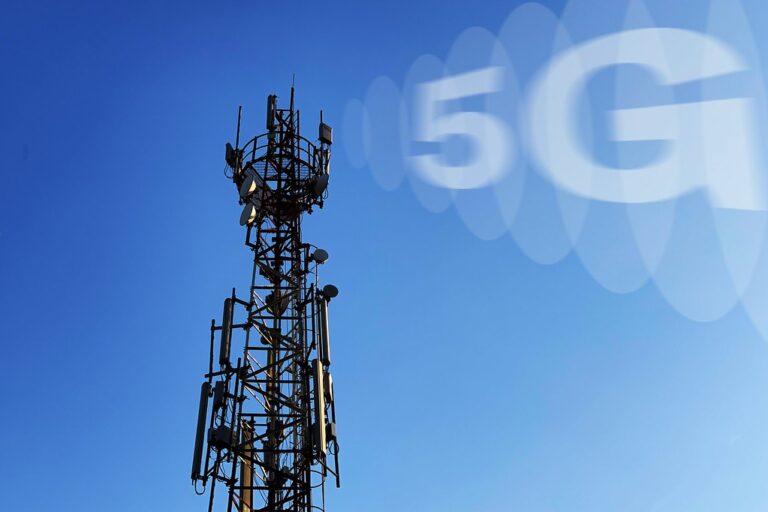According to data from the Nigerian Communications Commission, as of January 2024, 5G deployment in Nigeria reached 1.11% of total connections.
According to data obtained from the website, 5G recorded a slight increase from the 1.04% recorded in December 2023.
Despite the slight increase, the overall pace of 5G growth in the country remains slow, highlighting the complexities involved in transitioning to next-generation networks.
However, data shows that 2G contracts continued to dominate, accounting for 57.78 percent of connections in January 2024.
4G contracts rose from 31.33% in December 2023 to 31.75% in January 2024.
In 2022, the telecom regulator issued 5G licenses for 3.5 GHz spectrum to successful bidders. Since then, several telcos that have obtained 5G licenses have rolled out networks in Nigeria.
MTN Nigeria led the commercial launch of 5G activities in September 2022, followed by Mafab Communications and Airtel Nigeria in January and June 2023, respectively.
5G has been rolled out in several major cities including Lagos, Abuja, Port Harcourt, Ibadan, Kano, Owerri and Maiduguri.
Experts said 5G penetration in Nigeria remains low due to challenges such as high cost of equipment, routers and devices and inadequate infrastructure.
Chairman of the Telecommunications Companies Association of Nigeria, Tony Izuagbe, told the News Agency of Nigeria that the rollout of 5G technology requires more infrastructure and improved connectivity between infrastructures.
“There is enthusiasm for 5G. Awareness is pervasive and operators are receiving many requests.
“However, whether more people will push for 5G will depend on the infrastructure available. You know it’s a supply and demand factor,” he said.
In response to these challenges, the Nigerian government has introduced a National 5G Policy aimed at ensuring effective deployment of 5G covering major urban areas by 2025.
Launching the policy, former President Muhammadu Buhari said, “The national policy includes a rollout plan to ensure major cities across the country benefit from 5G technology.”
“We also aim to make 5G a key driver of our economy, a catalyst for smart cities in the country, and a job creation platform that supports our digital economy.”
The International Telecommunication Union, a specialized agency of the United Nations, recently revealed that Africa has the lowest 5G penetration rate globally, at just 6% as of December 2023.
The report attributes the low penetration of 5G on the continent to the continued importance of older mobile technologies, particularly 2G and 3G networks.
The ITU report highlights the deep-rooted dependence on 2G and 3G networks in many African countries, including Nigeria, and that these technologies will continue to expand, especially to 4G and 5G networks. provides a cost-effective means of delivering critical mobile services in areas where access is lacking.


